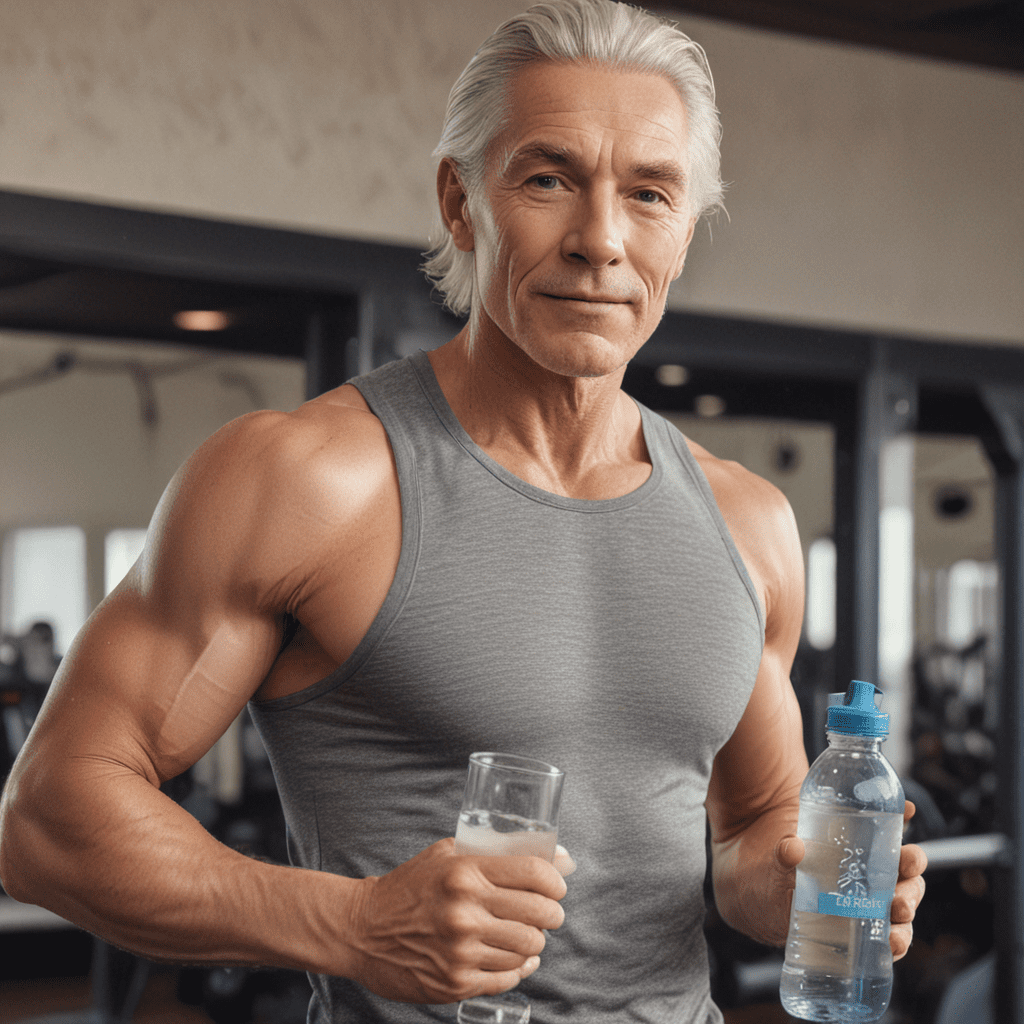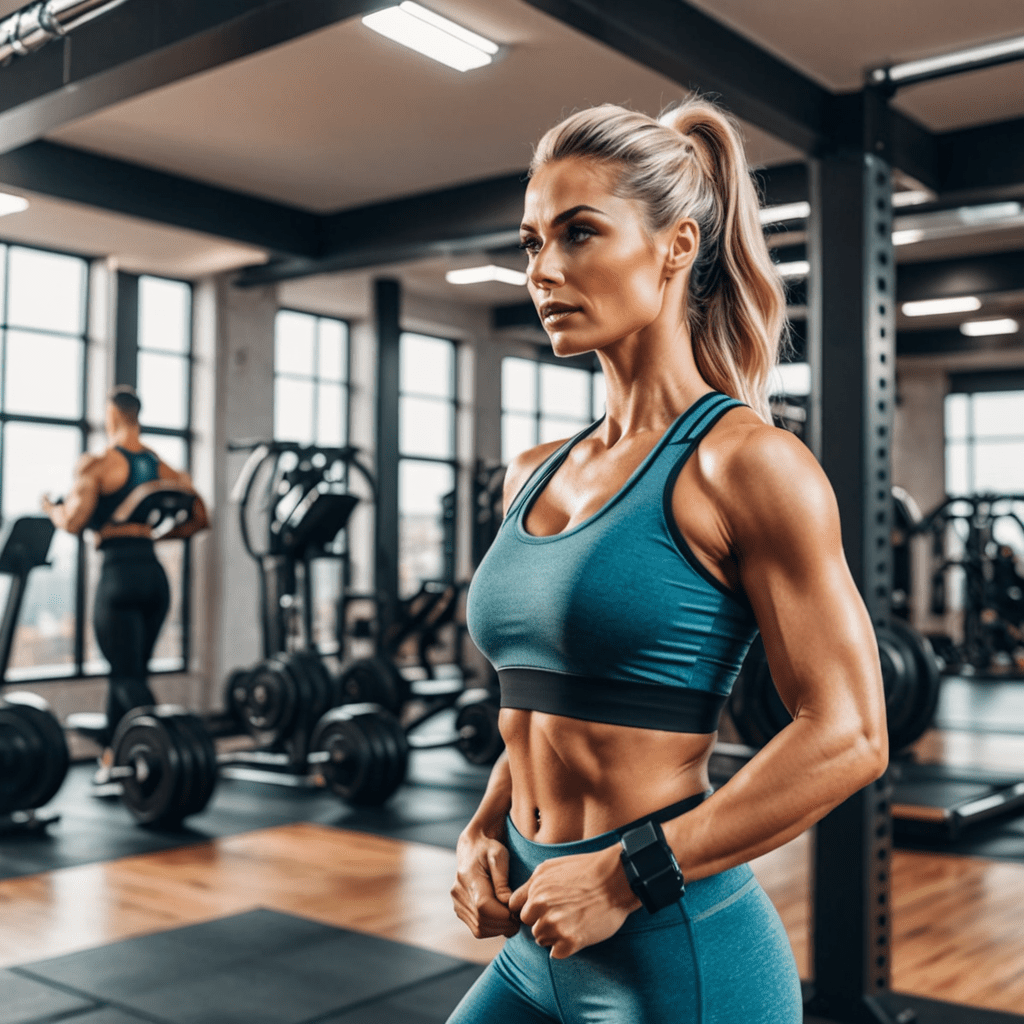
1. Overview of the Benefits of a Vegan Diet for Hair
A vegan diet offers a comprehensive approach to supporting healthy hair growth by providing an abundance of essential nutrients and antioxidants. Unlike animal-based diets, a vegan lifestyle eliminates all animal products, including meat, dairy, eggs, and honey. This dietary shift allows for increased consumption of plant-based foods, which are rich in vitamins, minerals, and antioxidants that promote hair health. By focusing on whole, unprocessed foods, a vegan diet can provide the necessary building blocks for strong, lustrous hair.
2. Essential Nutrients for Healthy Hair Growth
Healthy hair growth requires a range of essential nutrients, including:
– Protein: The foundation of hair structure, protein provides the amino acids necessary for hair follicle growth and strength.
– Iron: Essential for red blood cell production, iron ensures an adequate oxygen supply to hair follicles, supporting growth and preventing hair loss.
– Vitamin B12: Vital for cell metabolism, vitamin B12 promotes healthy hair cell growth and prevents hair breakage.
– Zinc: A crucial mineral for hair follicle integrity, zinc helps regulate hair growth and prevents shedding.
– Biotin: A water-soluble vitamin, biotin is essential for hair follicle health and keratin production, a protein that gives hair its strength and elasticity.
3. Plant-Based Sources of Essential Hair Nutrients
A vegan diet provides ample plant-based sources of these essential hair nutrients:
– Protein: Legumes (beans, lentils, peas), nuts, and seeds.
– Iron: Leafy greens (spinach, kale), fortified foods (cereals, plant-based milk).
– Vitamin B12: Fortified foods (plant-based milk, nutritional yeast).
– Zinc: Nuts (almonds, cashews), legumes, whole grains.
– Biotin: Nuts (walnuts, almonds), seeds (chia seeds, flaxseeds), legumes.
4. The Role of Antioxidants in Hair Health
Antioxidants play a critical role in protecting hair from environmental stressors that can damage hair follicles and lead to hair loss:
– Protecting Hair from Damage: Antioxidants neutralize free radicals, unstable molecules that damage hair cells and cause premature aging and hair breakage.
– Reducing Inflammation: Antioxidants help reduce inflammation in the scalp, creating a healthy environment for hair growth.
5. Plant-Based Sources of Antioxidants
Vegan diets are rich in antioxidants from plant-based foods, including:
– Fruits and vegetables: Berries (blueberries, strawberries), leafy greens (spinach, kale).
– Nuts and seeds: Almonds, walnuts, chia seeds, flaxseeds.
– Whole grains: Brown rice, quinoa, oats.
6. Whole Food Sources for Healthy Hair
A vegan diet emphasizes consuming whole, unprocessed plant-based foods. These foods provide not only essential nutrients for hair growth but also a range of vitamins, minerals, and antioxidants that support overall hair health:
- Fruits and vegetables: Rich in antioxidants, vitamins, and minerals, fruits and vegetables provide a foundation for healthy hair growth.
- Legumes: Legumes (beans, lentils, peas) are excellent sources of protein, iron, and zinc, crucial nutrients for hair growth and strength.
- Nuts and seeds: Nuts and seeds offer a combination of protein, healthy fats, and antioxidants, promoting hair nourishment and protection.
- Whole grains: Whole grains provide fiber, vitamins, and minerals that support hair health and prevent hair loss.
7. Supplementing for Hair Growth
Although a balanced vegan diet typically provides sufficient nutrients for healthy hair growth, certain individuals may benefit from supplementation:
- Protein: Vegan protein powder can supplement protein intake if dietary sources are inadequate.
- Biotin: Biotin supplements may be considered to enhance hair growth, but it is crucial to consult a healthcare professional before taking any supplements.
- Iron: Iron supplements may be necessary for individuals with iron deficiency, which can lead to hair loss.
8. Avoiding Common Hair Loss Triggers
In addition to following a healthy diet, avoiding common hair loss triggers is essential for maintaining healthy hair:
- Stress: Chronic stress can disrupt hair growth, leading to hair loss.
- Poor sleep: Inadequate sleep can negatively impact hair health by affecting hormone levels and reducing nutrient absorption.
- Lack of exercise: Exercise promotes circulation, which is essential for hair growth.
9. Physical and Lifestyle Factors for Healthy Hair
Beyond nutrition, physical and lifestyle factors play a significant role in hair health:
- Exercise: Regular exercise improves blood circulation, delivering nutrients to hair follicles and promoting hair growth.
- Adequate sleep: Getting 7-9 hours of quality sleep allows the body to repair and regenerate hair cells.
- Managing stress: Stress reduction techniques, such as yoga, meditation, or spending time in nature, can help mitigate hair loss caused by stress.
10. Conclusion: The Benefits and Practicality of a Vegan Diet for Hair Growth
A vegan diet, rich in essential nutrients and antioxidants, can provide the foundation for healthy hair growth. By focusing on whole, unprocessed plant-based foods, vegans can nourish their hair from the inside out. Avoiding hair loss triggers and incorporating physical and lifestyle factors that support hair health can further enhance the benefits of a vegan diet. While supplementation may be necessary for certain individuals, a balanced vegan diet can effectively support and promote strong, lustrous hair.
FAQ
Can a vegan diet cause hair loss?
A balanced vegan diet that provides sufficient protein, iron, vitamin B12, and other essential nutrients should not cause hair loss. However, a poorly planned vegan diet deficient in these nutrients may contribute to hair loss.
What are some additional tips for healthy hair growth on a vegan diet?
In addition to consuming a balanced vegan diet, here are some additional tips for healthy hair growth:
- Stay hydrated by drinking plenty of water.
- Protect hair from sun damage by wearing hats or using hair products with UV protection.
- Avoid excessive heat styling, which can damage hair.
- Get regular trims to remove split ends and promote healthy hair growth.


